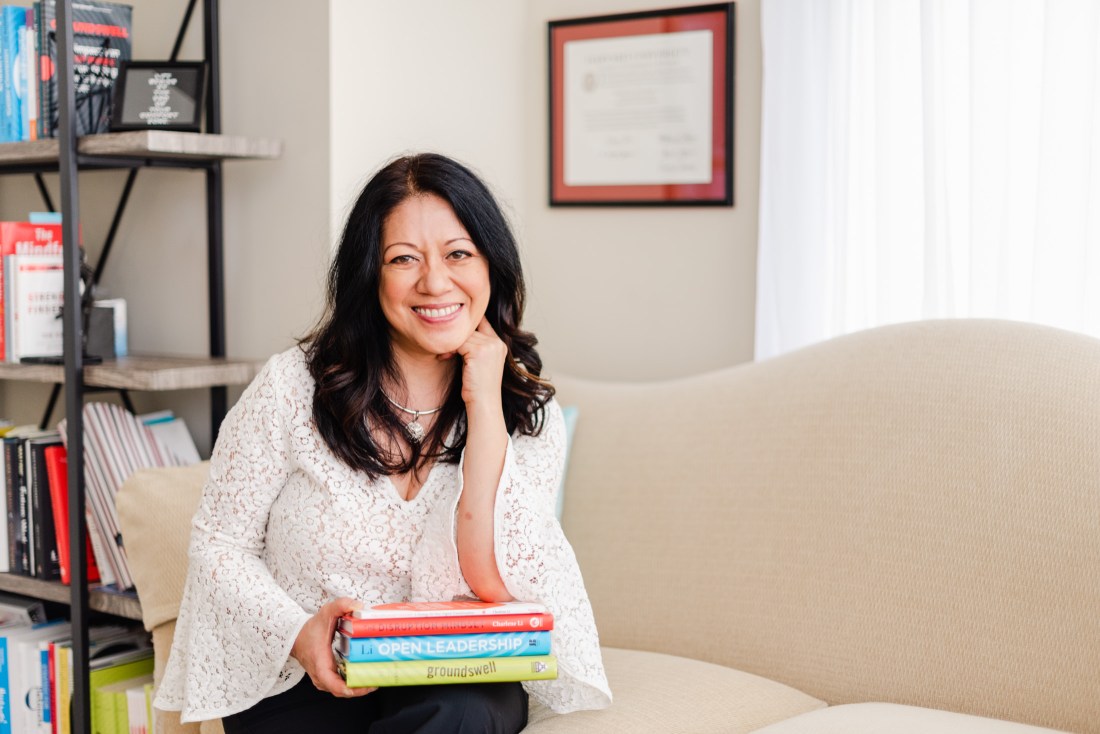Charlene Li has many questions. I came into contact with some of her ideas when she was working closely together with Jeremiah Owyang at Forrester, finally publishing the book “Groundswell” together with Josh Bernoff well over a decade ago.
Recently, I discovered an interview with Charlene done by Bob Buday … and I have already written about a number of aspects of the many topics covered (see, for example, “We saw with the pandemic that some organizations that struggled with change, and others that changed quickly” [ https://networks.business.blog/2022/01/06/we-saw-with-the-pandemic-that-some-organizations-that-struggled-with-change-and-others-that-changed-quickly ] ).
Here, I would like to share yet another one of Charlene’s insightful remarks shared in that interview .. in which she touches on the delicate dance she does with her notion of disruption:
If it’s about you, if it’s about your thoughts and your ideas, it will never resonate. If it’s about how you are helping people, if you’re really clear about who you are helping, and understand that they have pain points and needs, and that you’re writing very specifically to those pain points, you will always resonate.
Charlene Li [see link above for interview, ca. 17:00 – 17:30 ]
Charlene continues to explain that she thinks of the way her target audience (or more precisely her typical reader) “wants to know how she can move things forward without upsetting the apple cart.” Later in the interview she notes that she (Charlene) feels like “in every interaction — even this conversation here — I’m learning so much from it.”
So there are a lot of ideas peppered in short soundbites throughout the discussion. It is only once we (as readers) become aware of the intricate connections between these individual ideas that the complexity of the big picture among those individual puzzle pieces becomes clear. In this particular instance, it is the question about whether you wish to disrupt others or whether you wish them to disrupt you — whether to be disrupting or to be disrupted. If your job is to sell apples from your apple cart on the deck aboard an open sea-faring ship, then this is indeed quite a difficult dance to engage in.
Charlene’s expertise is in the field of business, so she is well-versed in speaking the language business leaders can easily understand. I feel she is herself a leading expert in such hand-holding while embarking on a wide variety of journeys a wide array of businesses envision in their own immediate futures.
Whereas I myself am more prone to extrapolate much further out towards the end results (such as how the revolutionary changes brought about through business networks based on natural language search will ultimately lead to the eradication of brand names as significant and/or trustworthy phenomena — see e.g. the wiki about “Social Business” @ http://socio.biz 😉 ), Charlene is probably much more adept at explaining each individual step business leaders should take in the near term in order to optimally sell their apples on their apple cart aboard their IRL brand name ocean liner.





